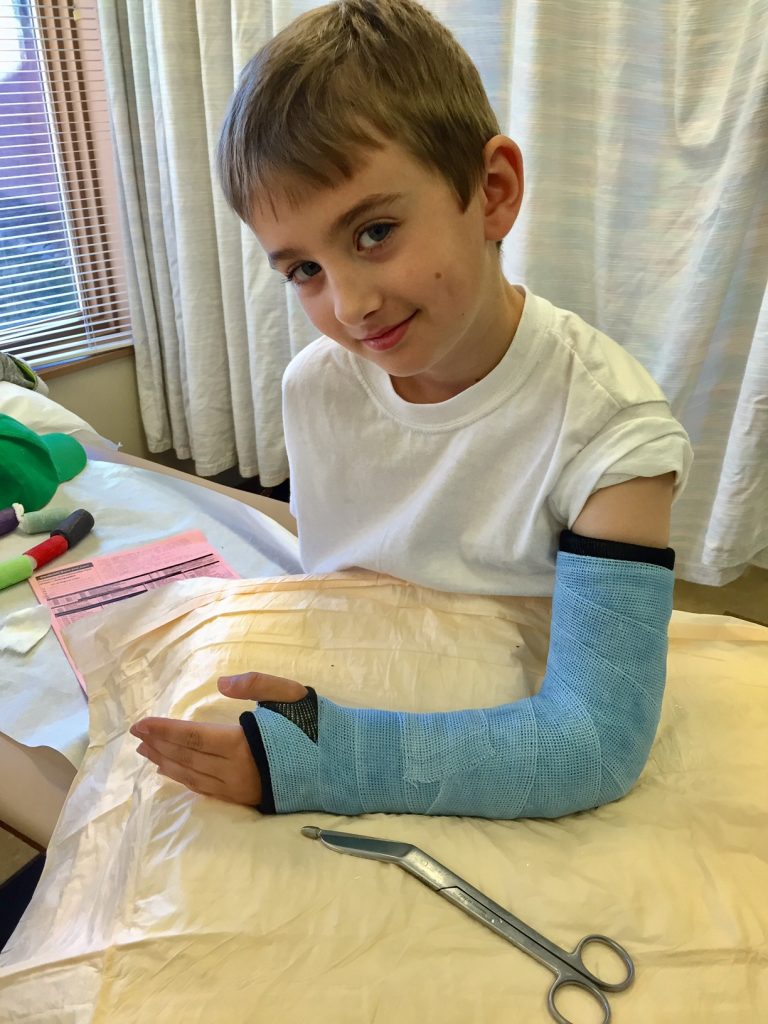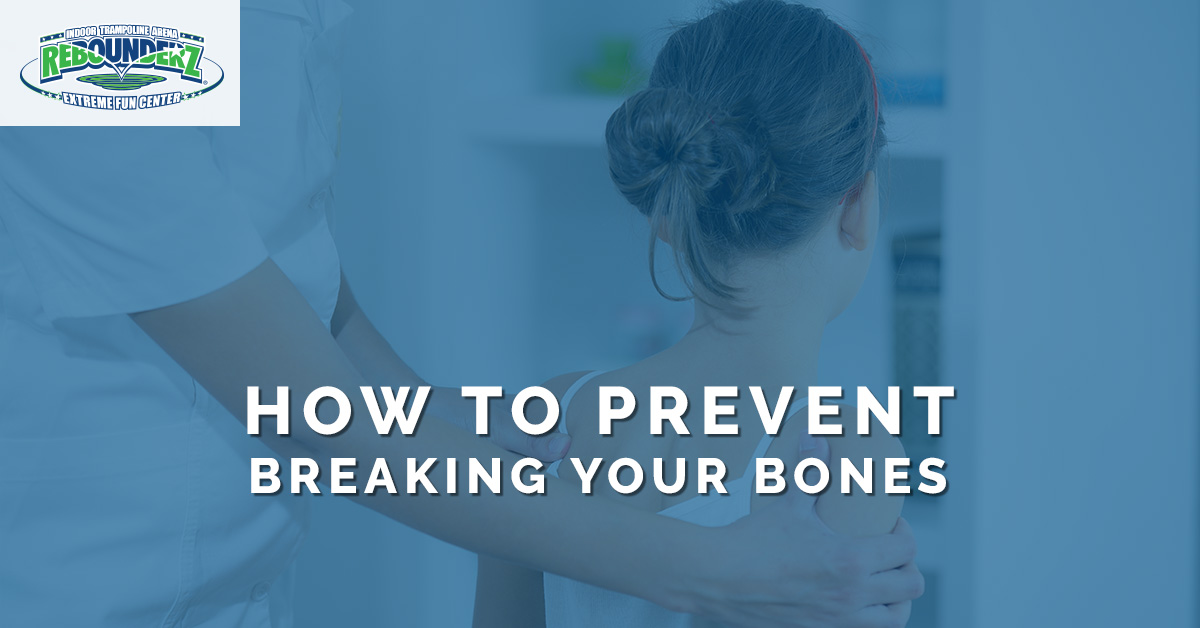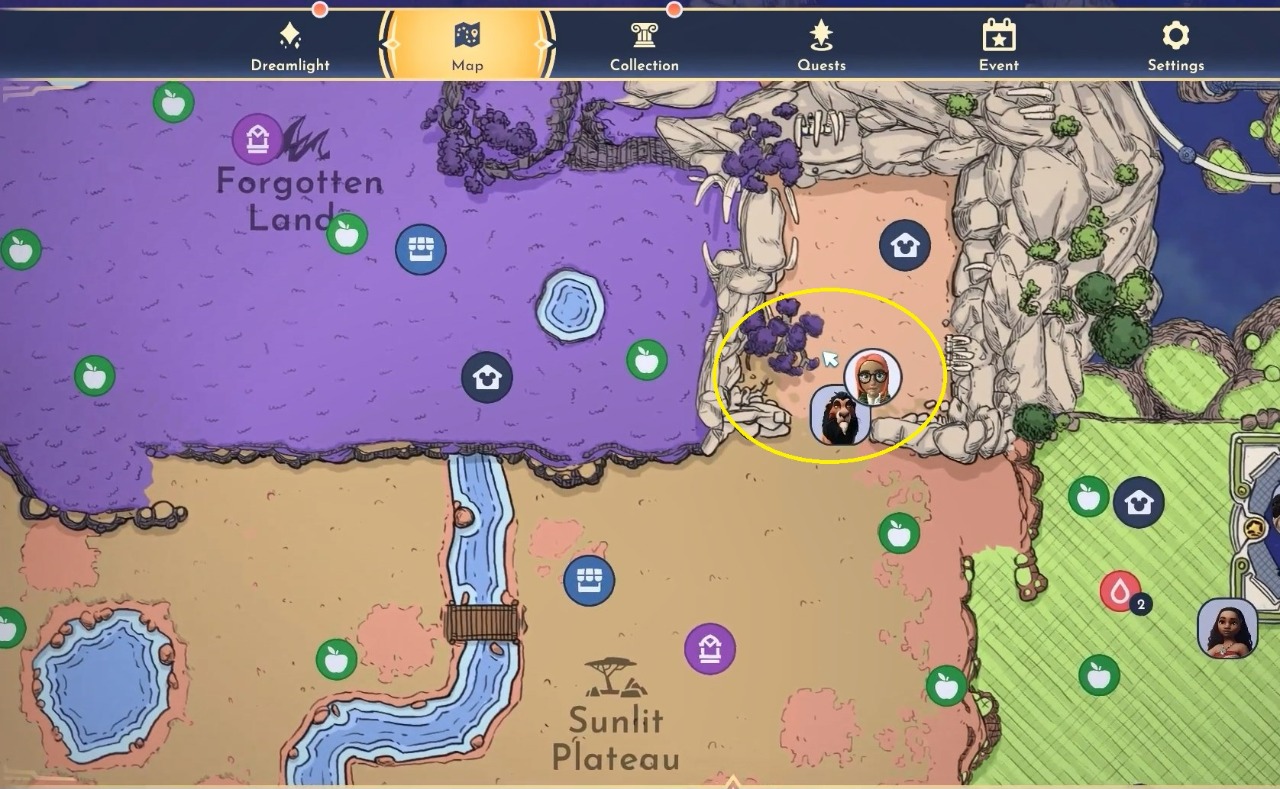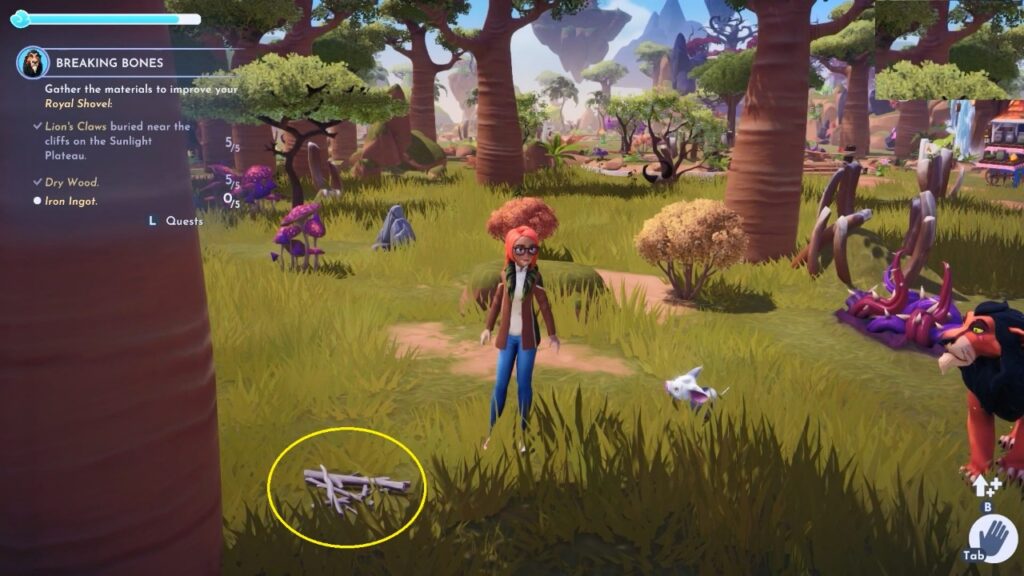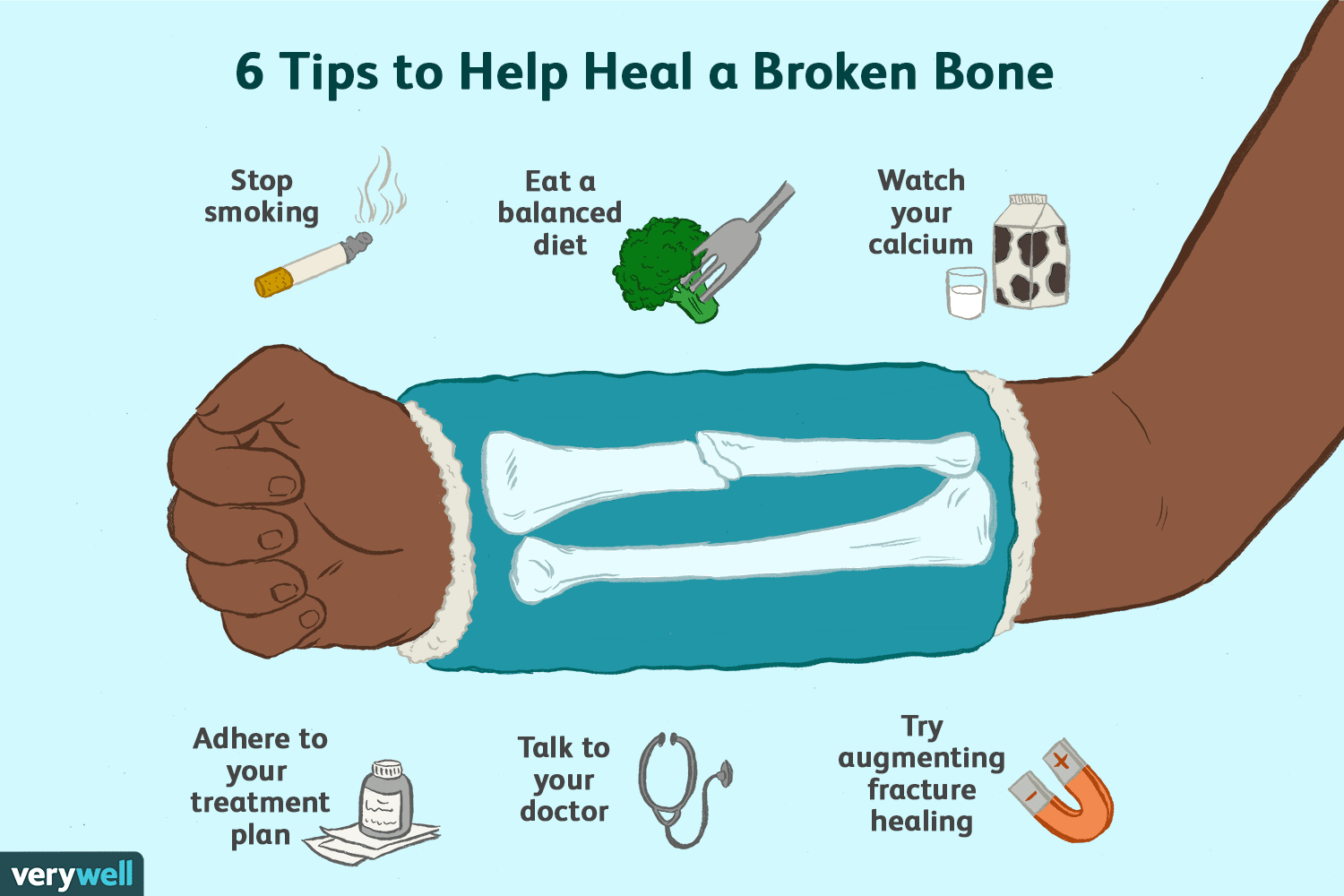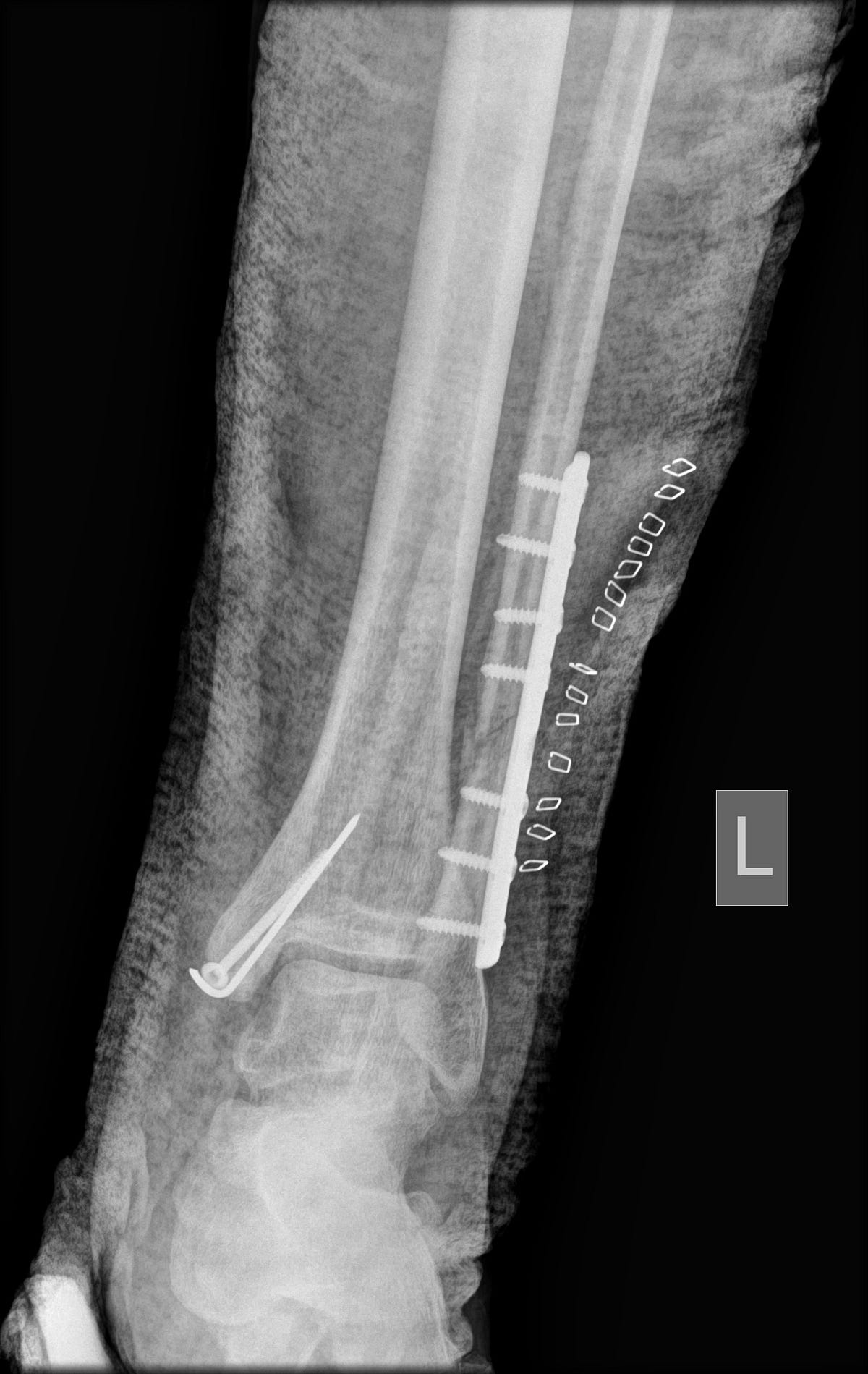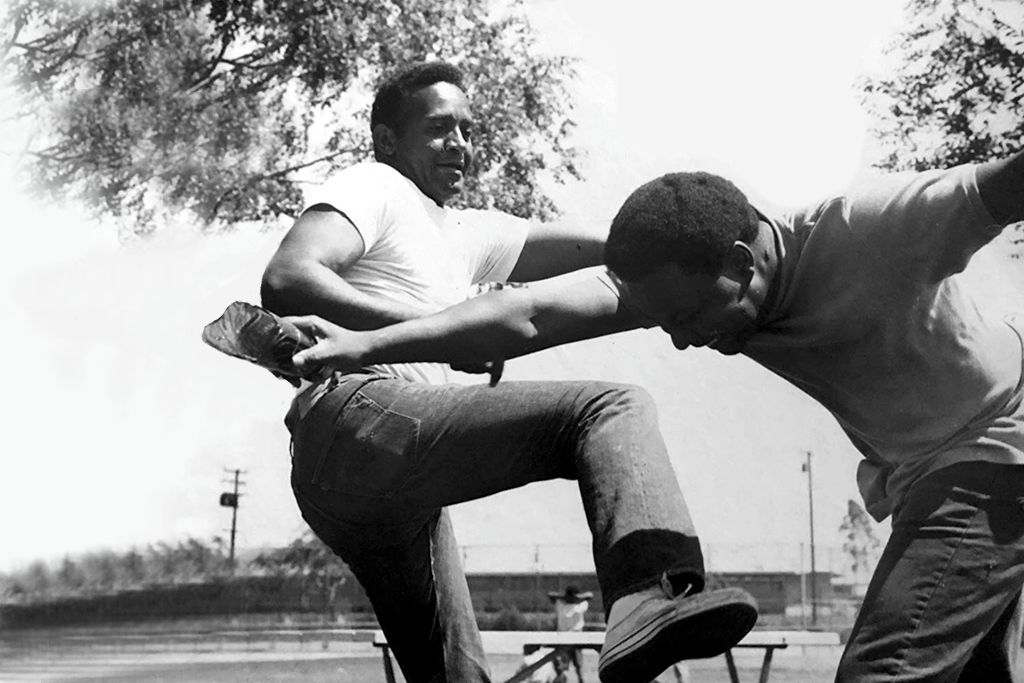Favorite Info About How To Prevent Breaking Bones

There typically are no symptoms in.
How to prevent breaking bones. Even though bone fractures are common injuries, they’re still scary to experience. Eat foods that are good for bone health, such as fruits and vegetables. Wrap the ice in a towel, piece of cloth or some other material.
Get enough calcium and vitamin d and eat a well balanced diet. A fracture reduction can either be done as. From childhood through adulthood, regular exercise is vital to building and maintaining good bone health.
Here are some steps to get you started. A procedure called a fracture reduction, or reducing a fracture, is an intervention to better align the broken bones. Try to get 1200 milligrams of calcium and 600.
Published february 14, 2024. Treatment recommendations are often based on an estimate of your risk of breaking a bone in the next 10 years using information such as. Falls and falls prevention.
When it comes to keeping bones healthy, many know about vitamin d, which helps the body absorb calcium needed to make skeletons strong. If you break a bone, talk to your provider or surgeon about what to expect. While your bone is healing, you can manage pain by resting the broken bone and taking medications as recommended by your healthcare provider.
Building healthy bones actually starts before you're born, so pregnant women can give their children a boost in the bone stakes by getting enough calcium and. This typically requires a visit to the hospital emergency department (and may involve an ambulance) admission to hospital for surgery, hospital stay, rehabilitation and home. Depending on the type and location of the fractured bone, a doctor may recommend the following treatments:
A simple accident like tripping on a rug or slipping on a wet floor can change. Falls and fractures in older adults: 1 / 11.
Women reach their peak bone mass by age 30, and then your bones do something. Calcium and vitamin d work together to help keep aging bones strong. Get enough calcium and vitamin d.
Apply ice packs to limit swelling and help relieve pain. Not getting enough vitamin d from food, drink, and supplements can weaken your muscles.
